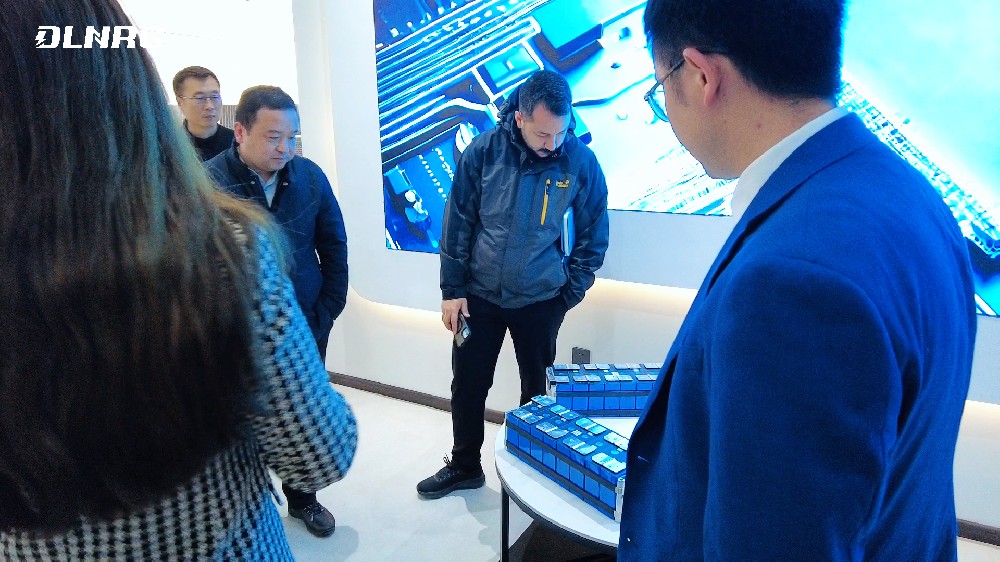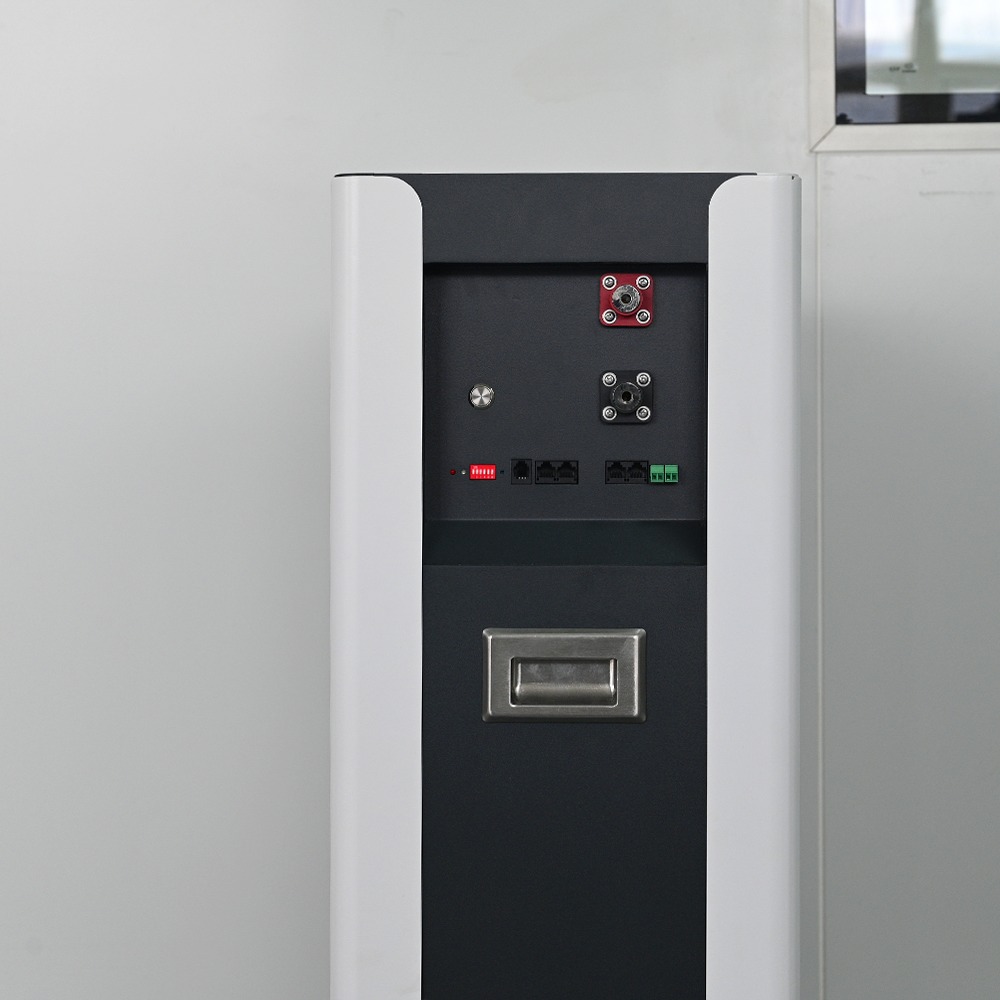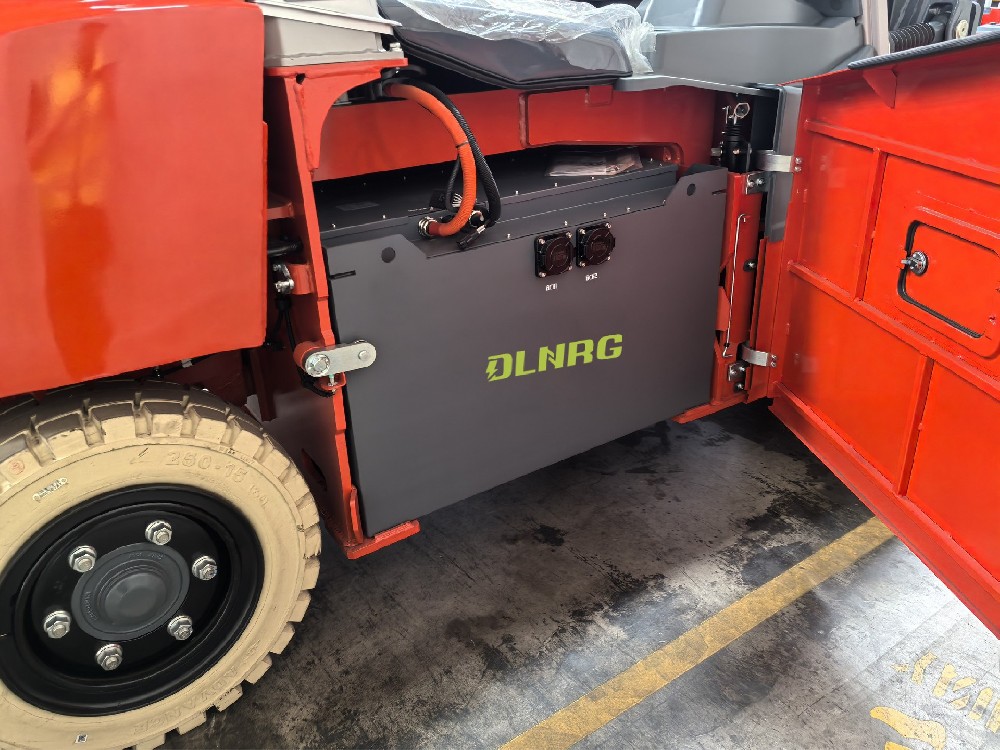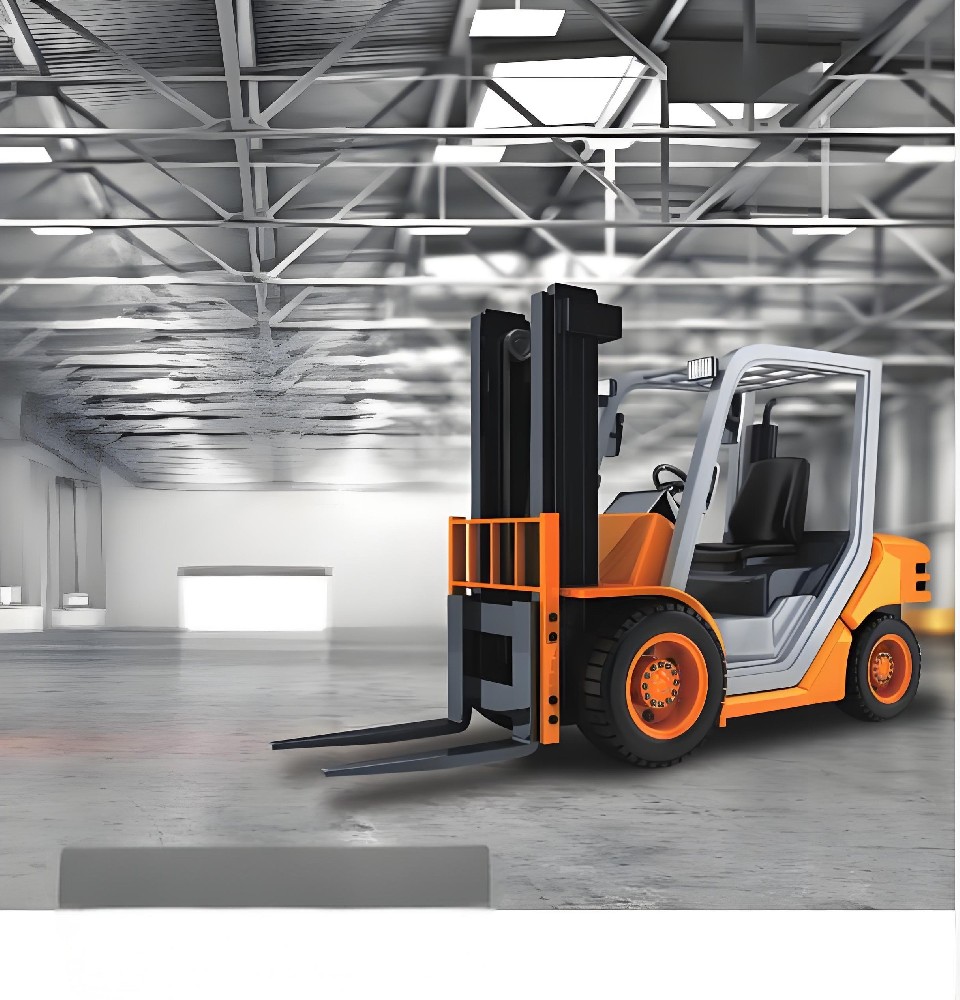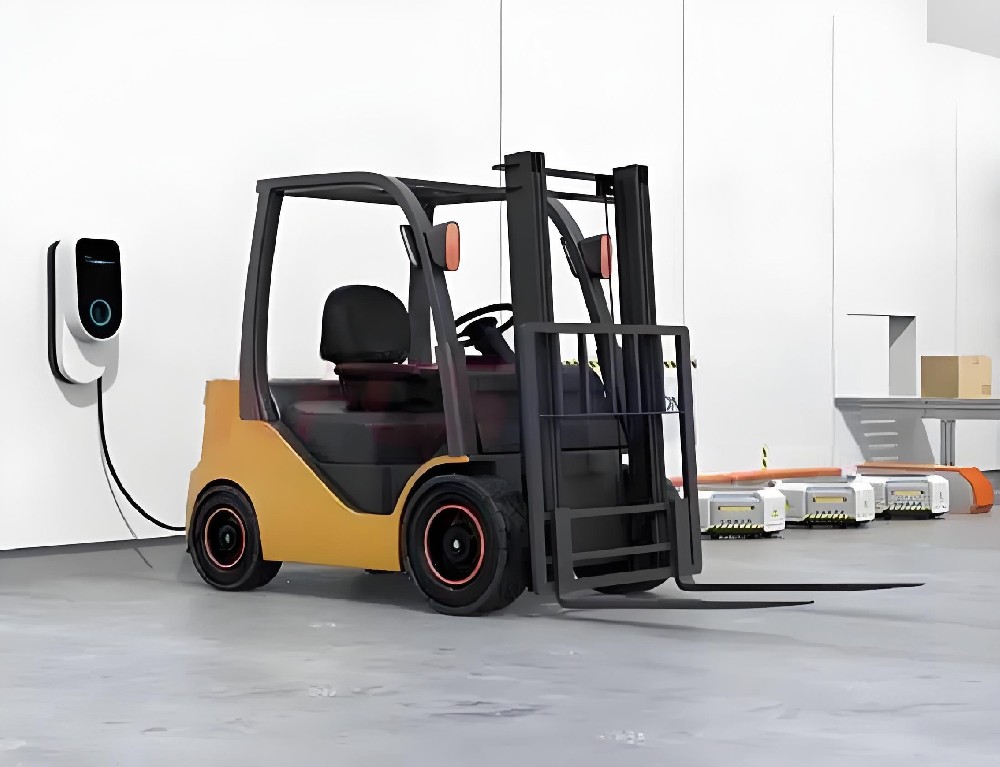The material handling industry has experienced significant changes in recent years thanks to technological advancements. One such advancement is the introduction of lithium batteries
for forklifts. This new power source offers numerous benefits for warehouse and logistic operations, including increased efficiency, reduced costs, and improved environmental
sustainability. This article will delve into the world of forklift lithium batteries, exploring their benefits and drawbacks and how they revolutionize the material handling industry.

Understanding Forklift Lithium Batteries
What are lithium batteries?
Lithium batteries are rechargeable energy storage systems that utilize lithium ions to generate power. They have become increasingly popular in various industries due to their high energy
density, low self-discharge rate, and long service life.
Types of lithium batteries for forklifts
Two main types of lithium batteries are used in forklifts: lithium-ion (Li-ion) and lithium-iron phosphate (LiFePO4). Each type has its unique characteristics and advantages.
Benefits of Forklift Lithium Batteries
Improved performance and efficiency
Lithium batteries provide consistent power output throughout their discharge cycle, improving forklift performance. They also charge faster than traditional lead-acid batteries, reducing
downtime and increasing productivity.
Lower maintenance and operational costs
Lithium batteries require minimal maintenance, as they do not need regular watering or equalization. Additionally, their longer service life translates to lower replacement costs.
Environmental benefits
Lithium batteries are more eco-friendly than lead-acid batteries, as they have a lower environmental impact during production and disposal. They also emit fewer greenhouse gases during
operation, contributing to a cleaner and more sustainable workspace.
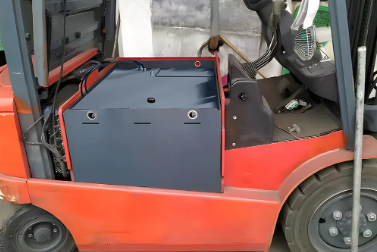
Drawbacks and Considerations
Initial investment cost
One of the main drawbacks of forklift lithium batteries is their higher initial investment cost. However, the long-term maintenance, operational, and replacement savings often offset this initial expense.
Compatibility with existing equipment
Not all forklift models are compatible with lithium batteries. In some cases, retrofitting or purchasing new equipment may be necessary to use lithium battery technology.
Best Practices for Implementing Forklift Lithium Batteries
Evaluating your operation’s needs
Before investing in lithium batteries, evaluating your operation’s specific needs is crucial, considering factors like usage patterns, charging infrastructure, and potential return on investment.
Proper battery management
Implementing a battery management system (BMS) can help ensure lithium batteries’ optimal performance and longevity. BMS monitors essential parameters such as voltage, temperature, and charge state, preventing overcharging or overheating.
Employee training
Training employees on proper usage, handling, and safety procedures is essential to maximize the benefits of forklift lithium batteries. Forklift lithium batteries are revolutionizing the material handling industry with numerous benefits, including improved performance, lower costs, and enhanced sustainability. While the initial investment may be higher, the long-term advantages often outweigh the drawbacks. By carefully evaluating your operation’s needs and implementing best practices, you can
successfully harness the power of lithium battery technology to optimize your warehouse or logistics operation. Note: This is a condensed version of a 1500-word article. You can expand on each section to reach the desired word count, providing additional information, examples, and case studies.
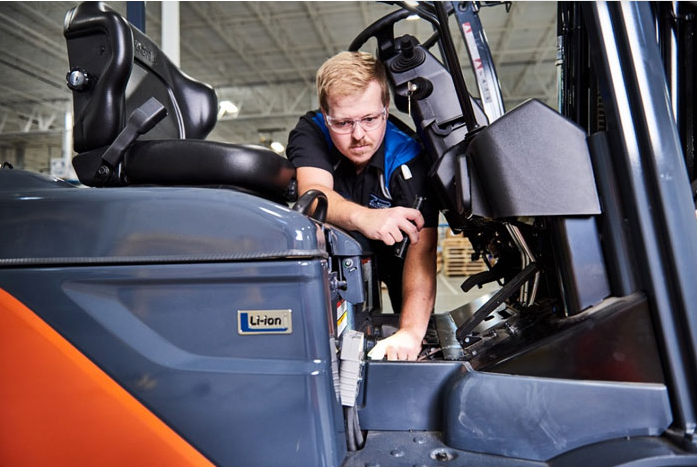
Key Players in the Forklift Lithium Battery Market
Major manufacturers
Various companies are at the forefront of forklift lithium battery technology, producing high-quality products to meet the growing demand. Some of the leading manufacturers in the industry include:
BYD: A Chinese multinational company specializing in battery technology, BYD has become a prominent player in the forklift lithium battery market, offering a wide range of lithium iron phosphate batteries for material handling applications.
Tesla: Known primarily for its electric vehicles, Tesla has also ventured into the forklift lithium battery market, utilizing its expertise in battery technology to develop advanced solutions for material handling operations.
CATL: Contemporary Amperex Technology Limited (CATL) is a Chinese company specializing in developing, manufacturing, and selling lithium-ion batteries. CATL offers a range of battery solutions for various industries, including forklifts.
Emerging players
As the demand for forklift lithium batteries grows, several emerging players are entering the market, offering innovative solutions and expanding the available options for businesses. Some notable emerging players include:
Flux Power: A US-based company that focuses on advanced lithium-ion batteries for industrial equipment, including forklifts. Flux Power offers a variety of lithium battery solutions tailored to meet specific material handling requirements.
Green Cubes Technology: Specializing in lithium power systems, Green Cubes Technology provides energy-efficient solutions for various industries, including material handling. The company offers a range of lithium battery options for forklifts, helping businesses optimize their operations.
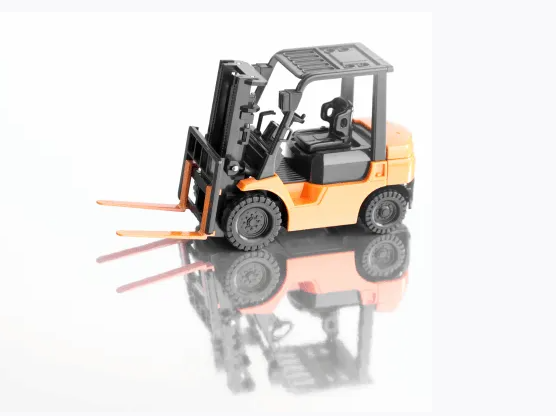
Future Trends and Developments
Advancements in battery technology
As battery technology evolves, we expect further improvements in forklift lithium batteries, such as increased energy density, faster charging times, and enhanced safety features. These advancements will make lithium batteries even more attractive to businesses in the material handling industry.
Integration with innovative warehouse systems
As warehouses and logistics operations become more technologically advanced, integrating forklift lithium batteries with innovative warehouse systems will become increasingly important. This integration will allow real-time battery performance monitoring, predictive maintenance, and optimized energy management.
Growing adoption of electric forklifts
As businesses prioritize sustainability and environmental responsibility, the adoption of electric forklifts powered by lithium batteries is likely to increase. This shift will drive further innovation and growth in the forklift lithium battery market.
Conclusion
The future of material handling is bright, with forklift lithium battery technology playing a significant role in shaping the industry. As advancements in battery technology continue and more businesses recognize the benefits of lithium batteries, we can expect to see even greater adoption of this innovative power source. By staying informed about the latest trends and developments, businesses can ensure they are well-prepared to capitalize on the opportunities that forklift lithium batteries offer.
